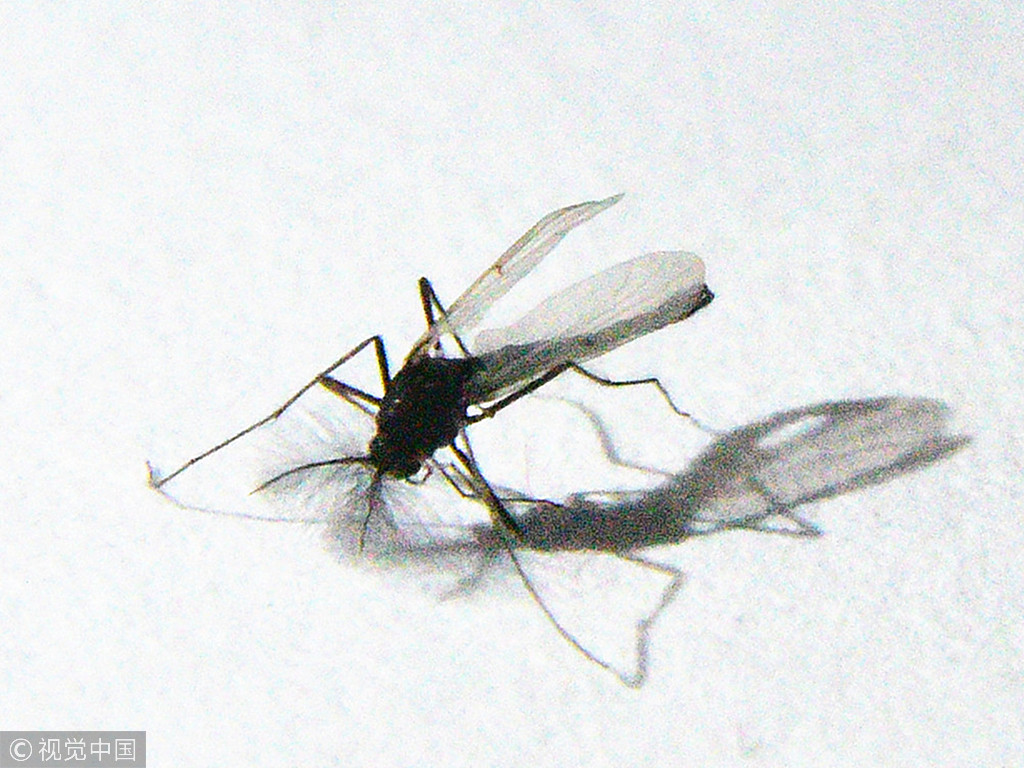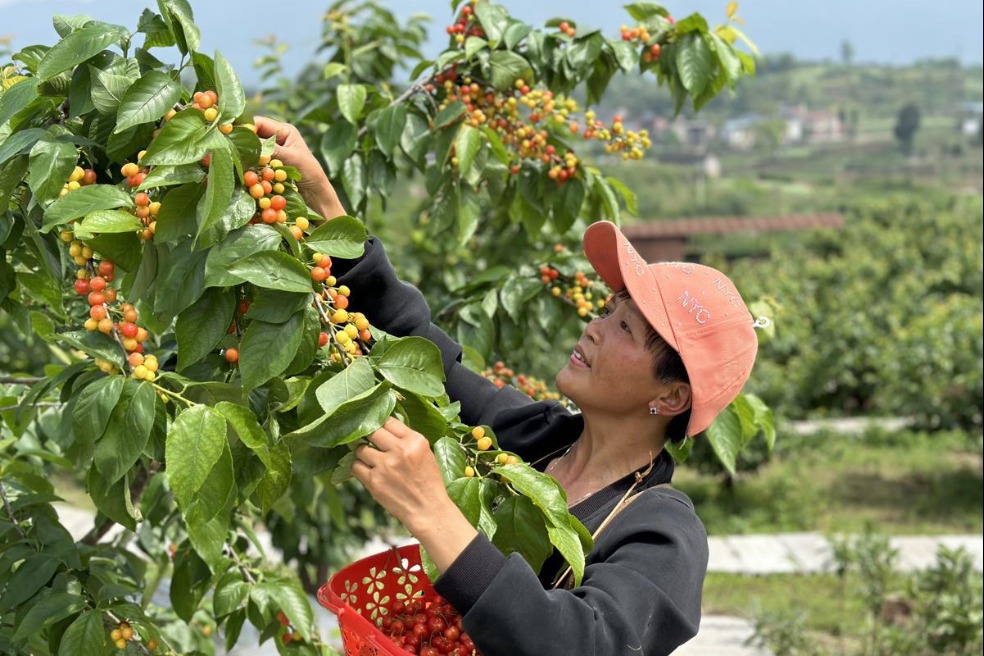Beijing mosquito cleanup reduces dengue risk


Beijing's dengue fever risk has been contained but not eliminated after a campaign by the capital's health authority to clean up mosquito breeding grounds.
The density of adult mosquitoes in Beijing has decreased by 53.5 percent since the campaign began on May 9, the Beijing Commission of Health and Family Planning said on Wednesday.
It said that by June 20, the city had wiped out 40,000 sites where mosquitoes tend to live and lay eggs, 23.5 percent of the total.
However, the authority warned of an increasing number of mosquito larvae hovering in pools of water in residential areas.
"It's difficult to eliminate mosquitoes in these places because a container as small as a soft-drink can will become a breeding haven for them if water collects inside," said Zeng Xiaopeng, deputy director of the Beijing Center for Disease Preservation and Control.
He said one key step all citizens are encouraged to take is to flip over containers at home and outdoors.
Meanwhile, the citywide campaign has not reached a number of places, such as construction sites, vehicle repair shops, garbage disposal plants and parks, where mosquitoes are prevalent, he said.
"Our research shows that baby mosquitoes are found in about 90 percent of scrap tires," Zeng said. "It's important to dispose of scrap and containers instead of simply stacking them up outside."
One type of mosquito that breeds in such containers is Aedes albopictus, the major medium for transmitting dengue.
Fourteen cases of dengue imported from the Maldives, Thailand, Cambodia, Sri Lanka and Ethiopia have been reported in Beijing this year, but no local cases have been detected.
"Despite a slim chance of local dengue fever outbreaks, people in Beijing, a global metropolis, are still at risk of catching infectious diseases due to the city's frequent communication with foreign countries vulnerable to such diseases," Zeng said.
The prime months for mosquitoes in Beijing are July and August, which coincide with the peak season for dengue in southern China and Southeast Asia. Health authorities are implementing stronger and wider preventive measures to cut mosquito density and prevent the spread of infectious viruses.
- Action taken over Chongqing Gas Group overcharging
- Xi: Crucial role for new PLA force
- Obesity, myopia growing issues among youth
- Shanghai Coffee Culture Festival celebrates local coffee culture
- Developing Cyberspace Force crucial for network protection
- Thunderstorm delays flights at Guangzhou Baiyun International Airport



































